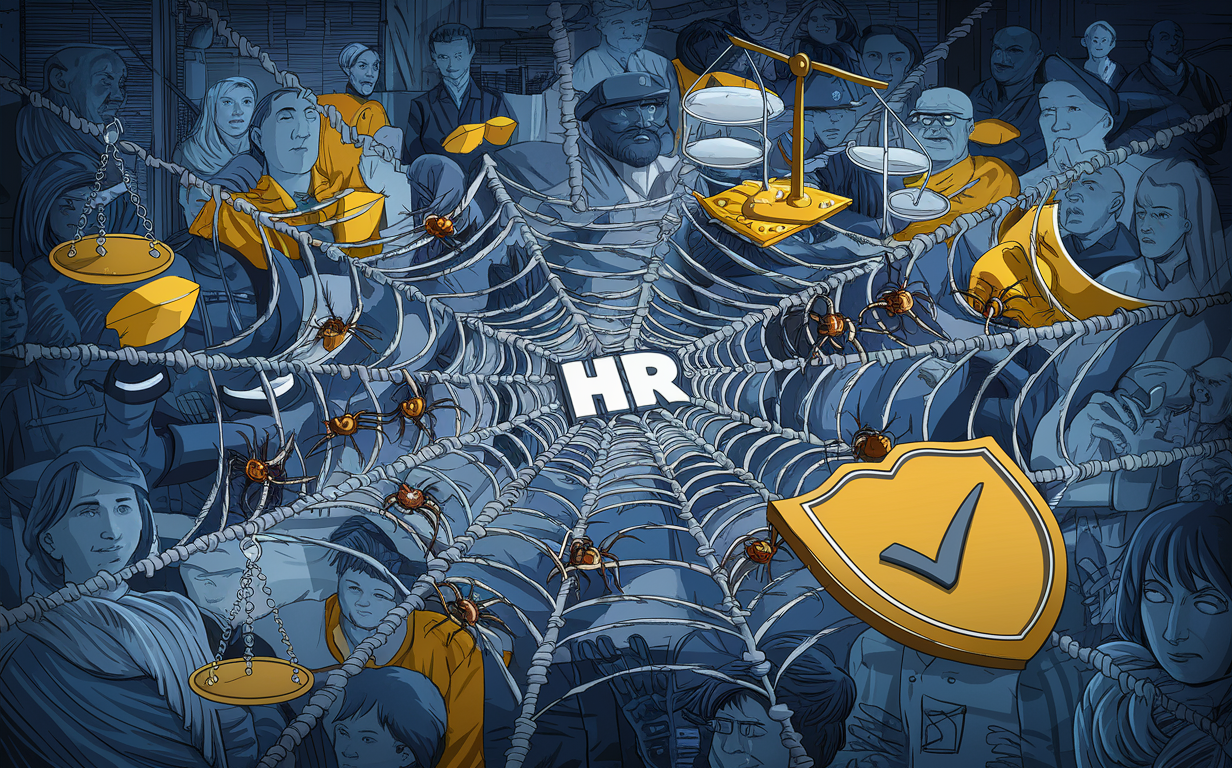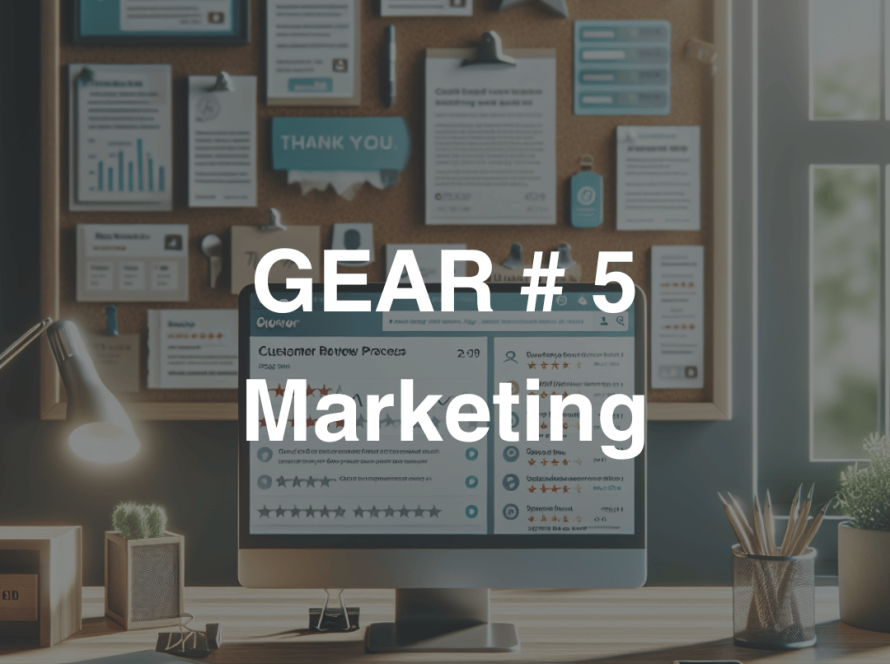Securing Business Success: The Crucial Role of HR Legal Compliance
Understanding the significance of small business HR compliance standards in today’s corporate landscape is more than just a formality; it is an essential component of a successful and sustainable business strategy. These policies establish the operational and ethical framework under which a corporation functions.
PROTECTING THE BUSINESS
Small business HR compliance rules are critical for protecting the organization from lawsuits and regulatory penalties. By following employment rules and regulations, a corporation can avoid costly legal battles over wrongful termination, discrimination, and harassment. These policies establish clear guidelines for managers and staff to follow, lowering the possibility of unintentional legal infractions. Furthermore, they assist in developing uniform procedures for managing grievances and disciplinary actions, ensuring that all employees are treated equally and consistently.
“A safe working environment is both a legal necessity and a moral responsibility for any organization.”
ENSURING A SAFE WORK ENVIRONMENT
A safe working environment is both a legal necessity and a moral responsibility for any organization. Small business HR compliance policies play an important role in ensuring workplace safety by detailing appropriate procedures and standards. This includes adhering to Occupational Safety and Health Administration (OSHA) standards, which aim to avoid occupational accidents and illnesses. Businesses that follow these rules indicate a commitment to their employees’ well-being, which can lead to higher job satisfaction and productivity.
PROMOTING FAIRNESS AND EQUALITY
Small business HR compliance regulations help to promote fairness and equality in the workplace. These policies help to avoid discrimination and ensure that all employees have equal access to employment, advancement, and perks. Companies may build a culture of respect and inclusiveness by explicitly identifying undesirable behavior and the repercussions of such behaviors. This not only benefits the employees, but it also helps the company’s reputation as a fair and pleasant place to work.
SUPPORTING BUSINESS GROWTH AND STABILITY
A well-defined set of HR rules can help businesses expand and stay stable by establishing a framework for managing change. As organizations grow, they frequently encounter new HR difficulties, such as managing a larger workforce, entering new markets, or dealing with new legislation. Having strong small business HR compliance policies in place can help to smooth these transitions by offering a roadmap for increasing operations while remaining compliant and protecting employee rights. This approach aligns with effective business scaling strategies, ensuring that growth is sustainable and well-managed.
Crafting Robust HR Legal & Compliance Frameworks
Understanding the major components of good small business HR compliance rules is critical for protecting your company and providing a fair and safe work environment for your employees. These policies should include the following basic elements:
EMPLOYMENT LAWS
Familiarize yourself with the federal, state, and municipal employment laws that affect your firm. This covers legislation governing the minimum wage, overtime compensation, employee classification, family and medical leave, and termination procedures. Avoid legal conflicts and penalties by ensuring that company rules appropriately reflect these regulations. This is particularly crucial when working with an AI business advisor to streamline HR processes.
HEALTH AND SAFETY REGULATIONS
Your rules should adhere to the Occupational Safety and Health Administration (OSHA) regulations or equivalents in your nation, which aim to avoid workplace accidents and illnesses. Include guidelines for accident reporting, emergency procedures, and employee health and safety training.
DATA PROTECTION
With the growing importance of data privacy, your rules must include the handling of employee and customer data. If you operate in or handle data from the European Union, follow requirements such as the General Data Protection Regulation (GDPR), as well as similar laws in other countries. Outline the steps taken to protect personal data, as well as the protocol for dealing with data breaches. Small businesses offering financial reporting for SMBs should pay particular attention to these data protection standards.
ANTI-DISCRIMINATION LAWS
Ensure your policies are in line with laws that prohibit discrimination based on race, color, religion, sex, national origin, age, disability, or genetic information. This includes hiring practices, workplace accommodations, and procedures for handling discrimination complaints.
HARASSMENT PREVENTION
A clear workplace harassment prevention policy is non-negotiable. Define what constitutes harassment, how to report it, and the sanctions for those found responsible. Employees should receive regular training to educate them on their rights and duties.
EMPLOYEE RIGHTS AND RESPONSIBILITIES
Clearly define what is expected of employees in terms of behavior, attendance, and job performance. At the same time, advise them of their rights, such as the right to privacy and the right not to face reprisal if they exercise their legal rights or report misconduct.
POLICY ENFORCEMENT
Describe the methods your organization will take to enforce these standards, including disciplinary measures. Consistent enforcement is essential for sustaining a lawful and ethical workplace.
REVIEW AND UPDATE PROCEDURES
Laws and regulations evolve, and so should your policies. To ensure ongoing compliance, establish a mechanism for regularly reviewing and revising your policies. Engaging with business process consulting experts can help maintain updated and effective HR compliance frameworks.
TRAINING AND COMMUNICATION
Effective policies are clearly conveyed and understood by all employees. Provide training sessions to inform your employees about these regulations and their significance.
DOCUMENTATION AND RECORD-KEEPING
Keep detailed records of policy acknowledgments, training attendance, and any events or actions taken. This paperwork can be critical in the event of legal action.

Ensuring HR Compliance: Implementation, Monitoring, and Updates
IMPLEMENTING HR LEGAL & COMPLIANCE POLICIES
After developing small business HR compliance policies, the next crucial step is to ensure that they are effectively implemented. This procedure should start with a comprehensive communication strategy that ensures all employees are aware of the new or modified policies. Disseminating information requires the use of clear, accessible language and different communication channels such as email, company intranet, and team meetings.
Training sessions should be mandatory for all employees, including management, to ensure that everyone understands their roles and responsibilities in enforcing the regulations. Interactive workshops and e-learning modules can help engage staff and reinforce the subject. It’s also a good idea to add real-world scenarios that employees may encounter since this can help them adapt the principles to everyday work settings.
“Noncompliance can have substantial consequences for a firm, including legal penalties, financial losses, and reputational damage.”
MONITORING COMPLIANCE
Monitoring compliance is a constant activity that necessitates frequent audits and reviews. HR departments should develop systems for conducting periodic reviews to ensure that policies are implemented and that the organization is still in compliance with all applicable laws and regulations. This could entail evaluating staff records, administering surveys, and completing risk assessments.
It is also critical to have a clear reporting procedure for policy infractions. Employees should feel protected and know how to report any issues without fear of retaliation. An anonymous hotline or a designated ombudsperson can help in this procedure.
UPDATING POLICIES
The legal landscape is continuously changing, and HR practices must adapt to it. All policies should be reviewed on a regular basis to ensure they are up to date and effective. This may include engaging with legal professionals, staying up to date on legislative changes, and benchmarking against industry best practices. Small businesses, especially those using bookkeeping services in Miami, must stay vigilant about these updates to maintain compliance.
When updates are made, they should be conveyed to all staff as soon as possible, with extra training sessions done as needed. Keeping a documented change log can help track revisions and provide a clear record of when and why policies were changed.
CONSEQUENCES OF NON-COMPLIANCE
Noncompliance can have substantial consequences for a firm, including legal penalties, financial losses, and reputational damage. Employees must understand the potential consequences of noncompliance, not just for the organization but also for themselves, which may include disciplinary action or termination.
Takeaways and Action Items
In today’s dynamic HR landscape, clear compliance policies protect businesses and ensure a fair, safe, and equitable work environment. Implementing these guidelines safeguards against legal and financial risks, fosters transparency and respect, and enhances employee satisfaction and productivity. Proactive HR compliance is crucial for maintaining a company’s integrity and reputation in a competitive business environment.
Crafting, implementing, and maintaining HR policies requires strategic, ongoing effort involving the entire organization. Regular training, clear communication, and continuous improvement ensure these policies remain effective. Establishing a review schedule, involving all departments, and using policies for onboarding and growth supports long-term success. Lessons from Zappos and Google show the value of adaptability and employee empowerment, serving as a model for thriving in a dynamic corporate landscape.
| ✳️Assess Current Policies. ✳️Consult with Professionals. ✳️Draft and Revise Policies. | |
| ✳️Develop Training Content. ✳️Choose Training Formats. ✳️Schedule and Communicate Training Sessions. | |
| ✳️Develop a Compliance Checklist. ✳️Train HR Staff on Audit Procedures. ✳️Schedule and Conduct Monthly Audits. | |
| ✳️Set a specific date each year for the comprehensive review of all HR policies. ✳️Gather and Analyze Data. ✳️Revise and Communicate Changes. | |
| ✳️Analyze Current Non-Compliance Incidents. ✳️Enhance Training and Communication. ✳️Implement a Robust Feedback and Reporting System. |


